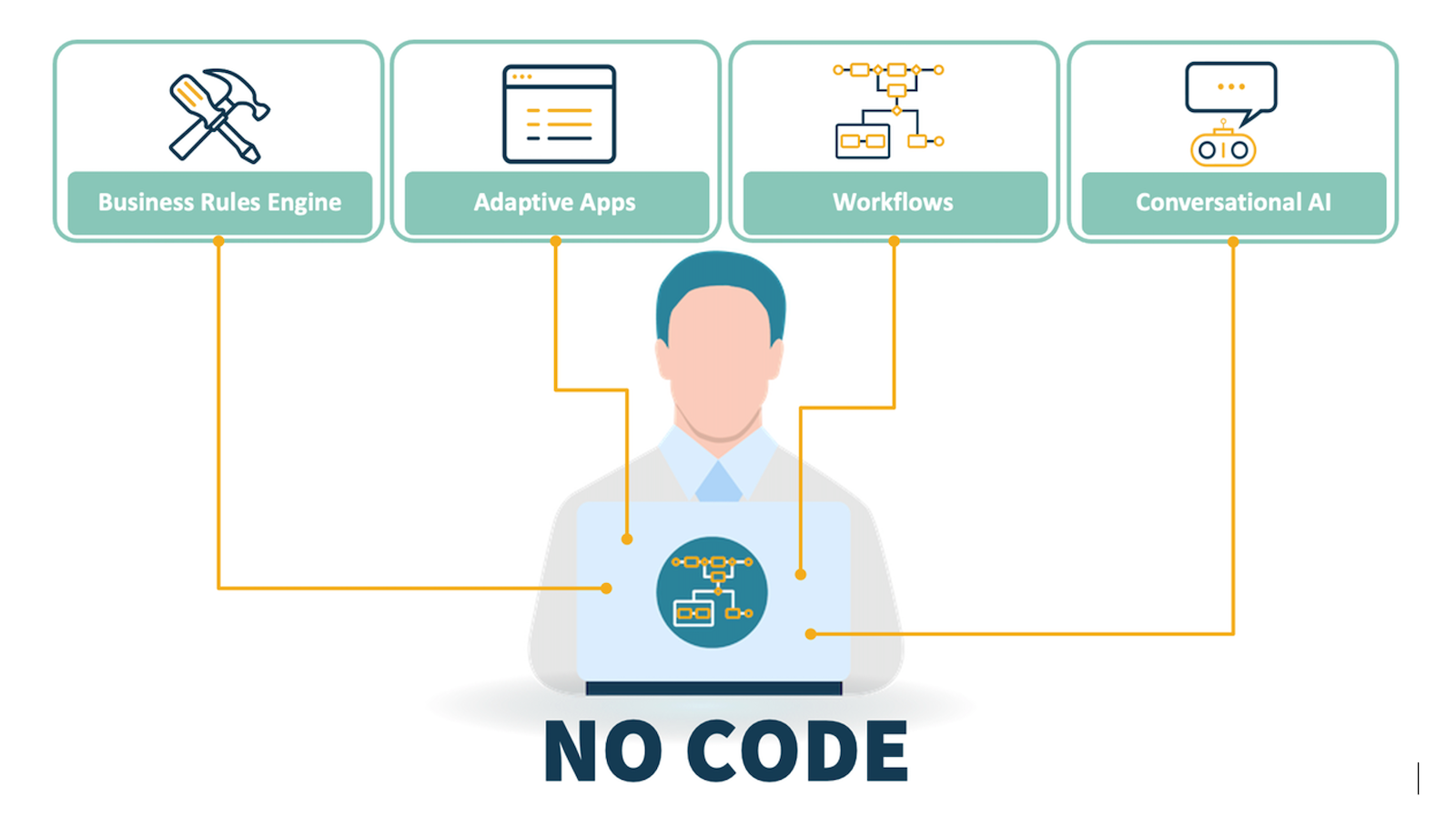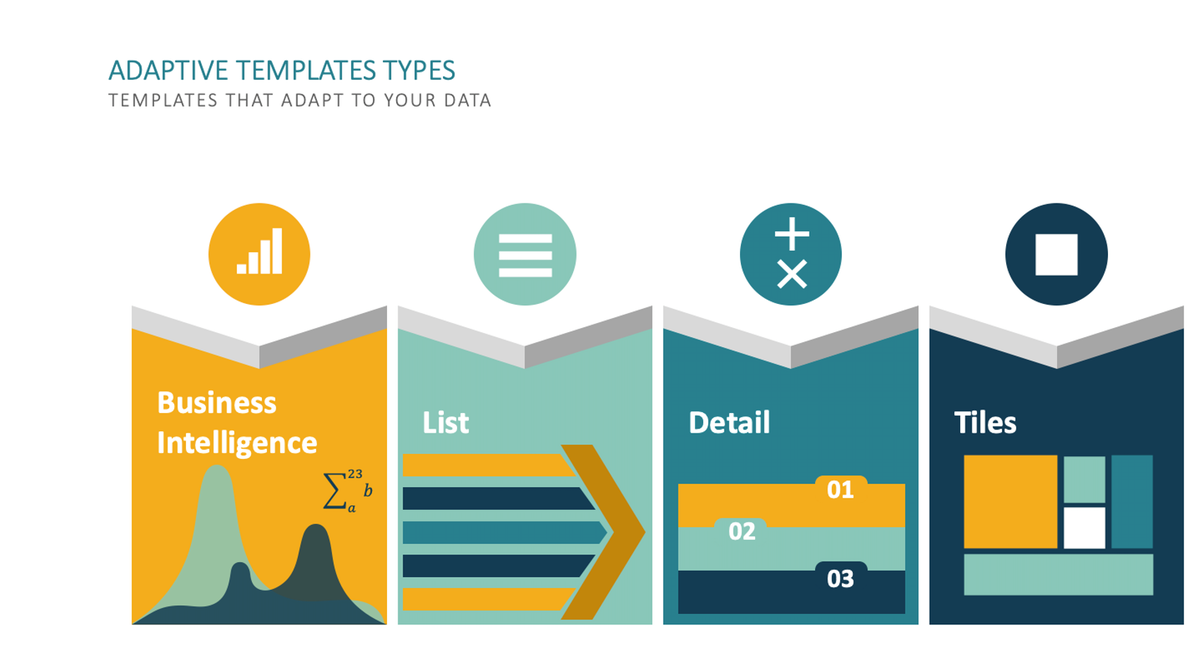What is Low Code and how can it help you?
Low code is as simple as it sounds, when it is possible to use this development approach, it means there is little to no coding required to build applications, processes, and functions. It aims to simplify logic by utilising the benefits of graphical user interfaces, were components can have complex logic embedded in them, yet be arranged in a simple, easy, and drag-and-drop way.
This way of working is faster to pick up and use and can be utilised by people who do not have deep knowledge of particular coding languages or software development methodologies, to create programs, applications and even scripts for a number of different purposes across any number of different scenarios.
In 2014 Gartner recognised the term “low-code” and since 2018 the low code approach has exploded in popularity all around the world, as it is a great alternative to traditional software development, for any sized business, who wants to bring their processes up to speed with the demands of a modernised world.
Neptune recognised the power of low code back in 2011 and has since been updating and perfecting the Neptune DXP, which offers a low-code approach that is inherently powerful and allows for the variety of complex scenarios that enterprises of all sizes face.
The nature of low code components ties in with the benefits of reusability, it takes less time to implement features with a lower learning curve, that are easier to scale, are more secure and more reliable – it is the smart development approach. Reusable and interchangeable components have already been accepted in the physical electronic industry, as well as with UI components such as scrollbars, buttons, dialog’s – there is no need to reinvent the wheel every time you develop a new application.
Neptune finds the sweet spot between low code, along with the flexibility to add as much custom code as necessary to meet any business requirement in any industry setting.
No Code - From myth to reality
The Neptune DXP no code offering is broad and has as a goal to enable anyone to build apps, pdf’s, workflows and Business rules with knowing technology. It’s that simple! The toolset empowers citizen developers and business users, with minimal technical experience, to create responsive, customisable, functional applications, without writing a single line of code or even without knowing how to.

This is possible by utilising application building blocks, in this case a particular type called Adaptive Templates.
Neptune provides these templates though the DXP Marketplace (available online and on every single instance of the Neptune DXP) which provide the foundation and structure for different types of applications. By combining an appropriate framework, with a database or other data source, the Adaptive Designer enables drag & drop functionality that allows anyone to design applications that are tailored to their own requirements (fit for purpose).

All Adaptive Applications are based on an adaptive template - any changes made to the template will reflect across all the applications that use it.
This provides the ability to adjust entire suits of applications from one source. Templates are essentially applications in their own right and can be designed, build, and adjusted by a low-code or pro-code developer within the Application Designer.
This means that no-code is under IT governance and therefore compliant with design guidelines and can be deployed and secured using already existing Dev-Ops strategies.
Architecture of the No Code Tooling

The adaptive framework consists of the Adaptive Designer, which utilizes templates to provide the configuration metadata for the designer, in combination with a connection to a Database or Server Script, which provides the data to fuel the application – which together can output an Adaptive Application which can run on the Neptune Launchpad, alongside any other applications.
What does it mean to have a single point of access to all my systems?
Many businesses today are faced with complex legacy technology, data is often split between on-premise and cloud environments, and poor integration between SAP and non-SAP systems means it is impossible to leverage information to its full potential.
As businesses grow, they become reliant on more and more systems. This often leads to customized code and a fragile web of bi-directional interfaces that keep the diverse array systems talking to one another. Environments like these are brittle and they demand huge maintenance and updates just to keep running. This limits the time you could be spent innovating.
With Neptune Software you can have a standardised development environment and user experience in a cohesive flexible architecture, that supports integrating all your existing systems, eliminating fragmentation and increasing the pace of digital innovation, alongside future-proofing yourself for future system integrations.
Leverage your existing process and systems, rather than bringing in new technology, by unifying them in Neptune DXP.